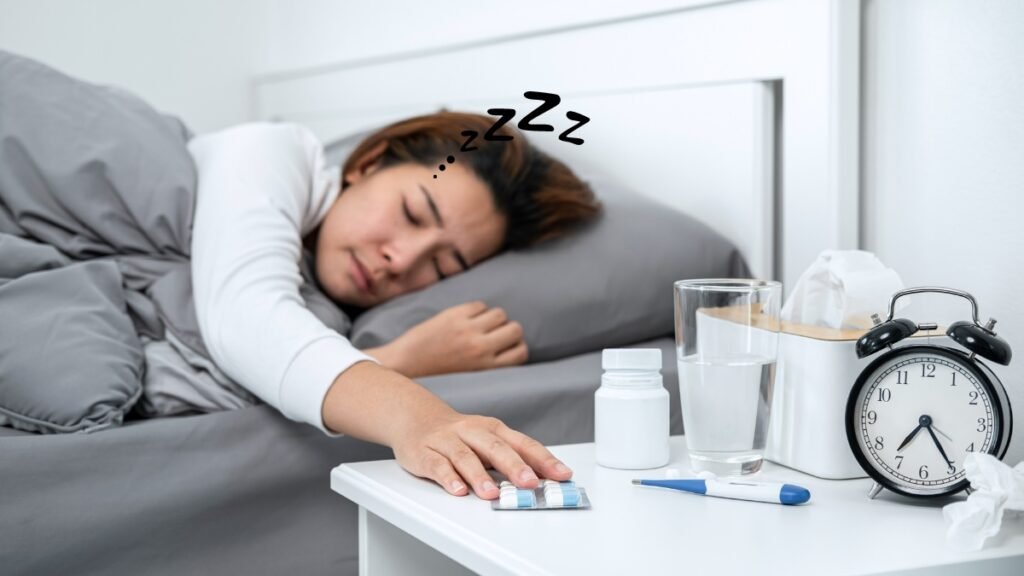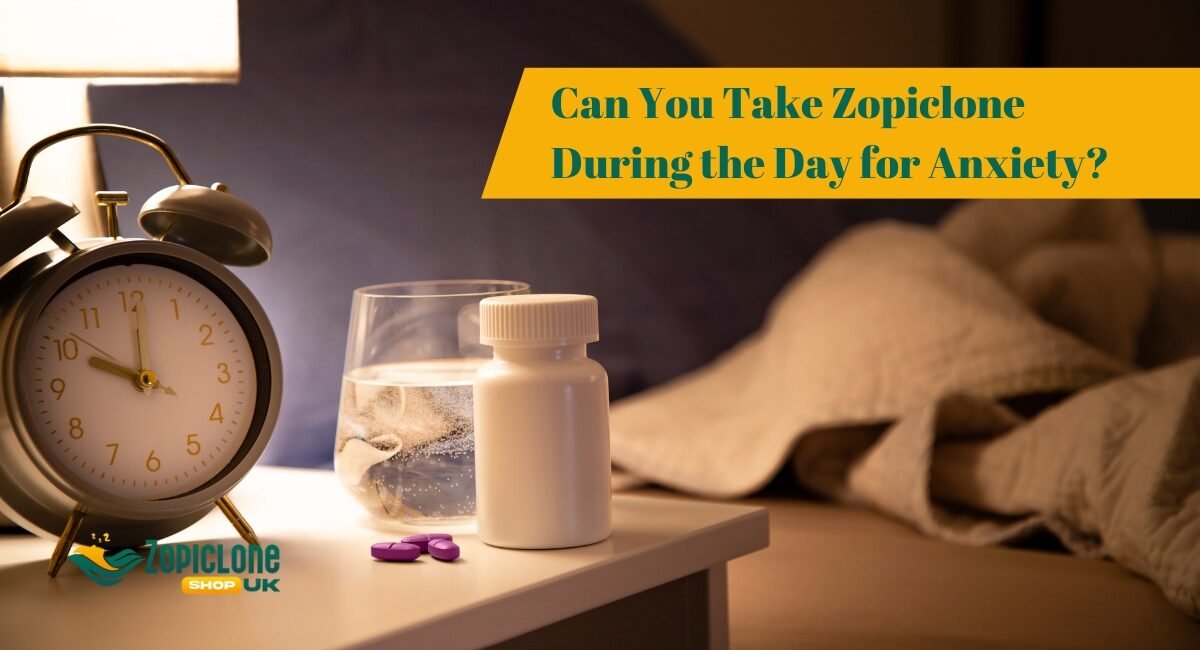When considering treatment options for anxiety, it’s essential to understand the specific uses and limitations of various medications, including zopiclone. Zopiclone, a nonbenzodiazepine hypnotic agent, is primarily prescribed to treat insomnia, but the question remains: Can you take zopiclone during the day for anxiety?
What is Zopiclone?
Zopiclone is a medication designed to help individuals with insomnia, a common sleep disorder characterized by difficulties in falling asleep, waking up during the night, or waking up too early. It belongs to the class of nonbenzodiazepine hypnotics, which work by enhancing the effects of GABA (gamma-aminobutyric acid), a neurotransmitter that helps calm the nervous system.
Zopiclone and Anxiety
While zopiclone is not primarily an anti-anxiety medication, it does have some effects on anxiety levels. Studies have shown that zopiclone can reduce daytime anxiety in patients, particularly those with generalized anxiety disorder and severe insomnia. For instance, a double-blind placebo-controlled study found that zopiclone was significantly better than placebo in reducing daytime anxiety, and it fared better in this regard compared to triazolam, a benzodiazepine.
Also Read: What happens if you take Zopiclone and stay awake? – All You Should Know
Can Zopiclone Be Taken During the Day for Anxiety?

Despite its potential benefits in reducing anxiety, zopiclone should not be taken during the day for anxiety. Here are several reasons why:
Intended Use
Zopiclone is specifically designed to aid sleep and is recommended to be taken just before bedtime. Its primary function is to reduce sleep latency, increase sleep duration, and decrease nocturnal awakenings.
Side Effects
Taking zopiclone during the day can lead to significant side effects such as drowsiness, daytime sleepiness, and impaired cognitive function. These side effects can be debilitating and interfere with daily activities, making it impractical for daytime use. Additionally, zopiclone may cause sleepwalking or other unusual behaviors while not being fully awake, which is a serious concern.
Risk of Dependence
Zopiclone carries a risk of dependence and withdrawal symptoms, especially if used beyond the recommended 2-4 weeks. Taking it during the day could increase this risk, as it may lead to more frequent and prolonged use. Physical dependence can occur even in individuals without a prior history of substance abuse, and withdrawal symptoms can include anxiety, tremors, and other distressing effects.
Alternative Treatments
For managing anxiety, there are other medications and therapies that are more appropriate and safer for daytime use. These include selective serotonin reuptake inhibitors (SSRIs), benzodiazepines (though with caution due to their own risks), and non-pharmacological approaches like cognitive-behavioral therapy (CBT) and relaxation techniques.
How to Use Zopiclone Safely
If you are prescribed zopiclone for insomnia, here are some guidelines to ensure safe use:
- Take it Before Bedtime: Zopiclone should be taken just before going to bed to avoid daytime drowsiness and other side effects.
- Follow the Recommended Dose: The usual dose is one 7.5mg tablet, but a lower dose of 3.75mg may be recommended for older adults or those with liver or kidney problems.
- Limit the Duration: Use zopiclone for no more than 2-4 weeks to minimize the risk of dependence and withdrawal symptoms.
- Consult Your Doctor: Always follow your doctor’s instructions and consult them before making any changes to your medication regimen. If you need to stop taking zopiclone, your doctor will need to lower your dose and stop your tablets over a period of time to avoid withdrawal effects.
Conclusion
While zopiclone can provide relief from insomnia and may have some benefits in reducing daytime anxiety, it is not suitable for daytime use as an anti-anxiety medication. Its primary purpose is to aid sleep, and taking it during the day could lead to unwanted side effects and increase the risk of dependence. For anxiety management, it is best to explore other treatment options under the guidance of a healthcare professional.
In summary, you should not take zopiclone during the day for anxiety due to its potential for significant side effects, risk of dependence, and the availability of more appropriate treatments for daytime anxiety. Always adhere to the prescribed use of zopiclone and consult your doctor for any questions or concerns regarding its use.
Also Read: Zopiclone: How Long Does It Take to Work?


